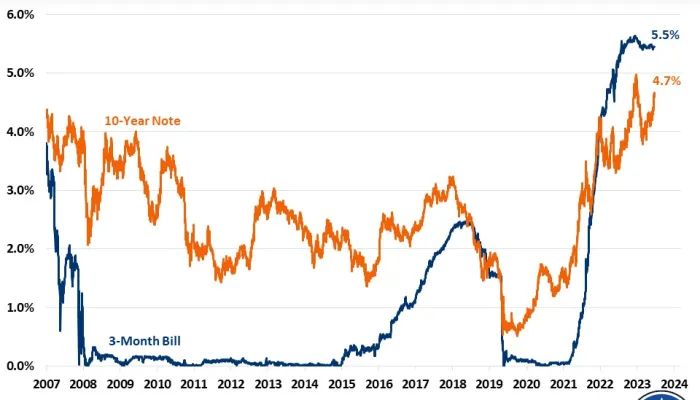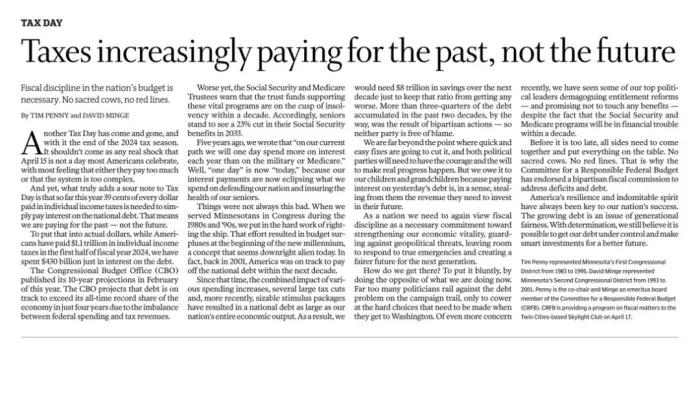Congressional Black Caucus Releases Budget
Following House Budget Committee Chairman Paul Ryan's (R-WI) budget markup last week and floor debate this week, the Congressional Black Caucus budget released yesterday joined the Progressive Caucus and the House Democrats in their effort to offer alternatives to Chairman Ryan's budget. Their budget achieves $1.2 trillion in deficit reduction (not including war drawdown savings) over the coming decade keeping deficits between 2.5 and 3 percent of GDP.
Across the ten-year window, the budget has annual spending levels between 21 and 22 percent of GDP and revenue at about 18-20 percent. Unlike the House Democratic and Republican budgets, the CBC budget does not rely on dynamic scoring to improve their numbers. The CBC budget would put debt on a similar path to the House Democrats' budget, leaving it roughly stable at 72.7 percent of GDP by 2024.
A significant amount of the budget's deficit reduction is achieved through revenue increases totaling $2 trillion over the next decade. The budget, however, identifies $4.3 trillion in options to choose from in order to meet the budget's $2 trillion goal. These options include taxing capital gains and dividends as ordinary income, increasing the top rate to 45 percent, and limiting the deductibility of interest for businesses.
On entitlements, the budget states that with regards to Social Security and Medicare, "any savings derived from changes to these programs should be used to extend their solvency – not to reduce the deficit or pay for tax cuts for millionaires and billionaires." On Social Security, it supports switching to the faster-growing CPI-E (the Experimental Consumer Price Index for the Elderly) for cost-of-living adjustments and suggests raising the payroll tax cap, currently set at $117,000, to pay for it. It does not suggest specific changes to Medicare. The budget also proposes the creation of a public option for health insurance, which CBO estimated could save about $190 billion through 2024. This publicly run insurance option would compete with private insurers through the health insurance exchanges set up by the Affordable Care Act.
The CBC budget proposes new spending initiatives. It would permanently repeal sequestration and increase non-defense discretionary spending by an additional $885 billion over ten years on top of that. It would provide $100 billion for a direct employment program to be administered by the Department of Labor. Additionally, it proposes $230 billion in new infrastructure spending and $100 billion in funding for school modernization and supporting jobs for teachers, first responders, and law enforcement. It also increases funding for Head Start, raises the federal minimum wage to $10.10 per hour, and fully funds the current maximum Pell Grant level.
While this budget's deficit reduction is lower than in some other budgets, unlike the House Republican and House Democratic budgets, the CBC budget at least does not use dynamic scoring to claim further uncertain deficit reduction through economic feedback. Still, the budget does not achieve enough savings to put debt on a sustainable path, only barely stabilizing it by the end of the 10-year window.
Source: HBC, OMB, RSC, CPC, CBC


